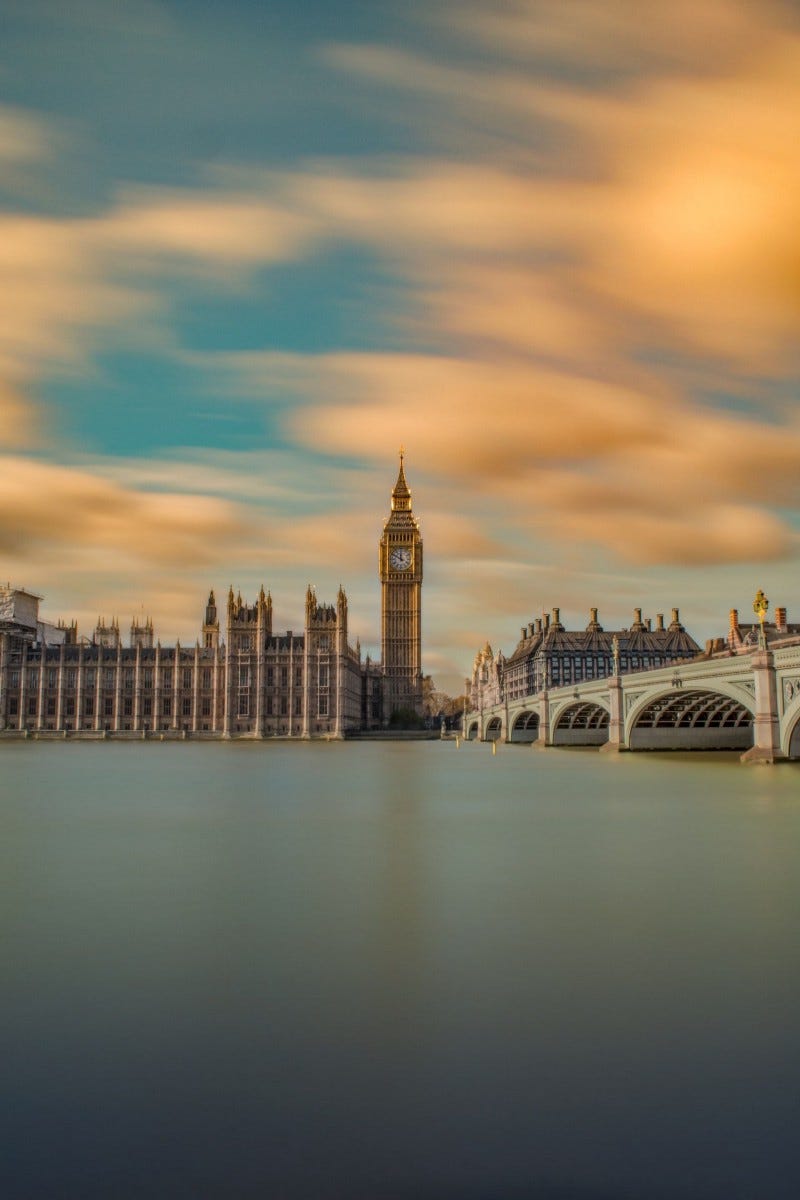Positive visions in dark times
There’s a difference between naive optimism and making a determined effort to focus on a positive future in the face of relentless bad…
There’s a difference between naive optimism and making a determined effort to focus on a positive future in the face of relentless bad news. This edition of Fair Comment explores both the global and domestic sides of this argument.
Dutch historian Rutger Bregman, in his book Humankind: A Hopeful History, sets out to challenge the consensus that humans are by nature selfish and sinful, and that only a thin veneer of civilisation stands between us and social breakdown. He argues that most people have a strong co-operative and communal spirit most of the time, and that it is human decency, rather than chaos and anarchy, that comes out when people are under real pressure.
Bregman gives the example of the real Lord of the Flies, when a group of Tongan schoolboys were shipwrecked for 15 months in the 1960s. The result was very far from the savagery of William Golding’s cynical novel. In the real-life version, the boys worked together to keep each other alive, healthy and motivated, despite incredible challenges.
Another, very topical example of human spirit and collaboration from the book is the mass bombing of both British and German cities during the Second World War. Bregman argues that political and military leaders on both sides wrongly assumed that bombing cities would lead to mass panic and break the will of the civilian population, but that in reality the ‘blitz spirit’ shone though, with people responding altruistically and heroically to their horrific circumstances.
We can see Putin repeating exactly the same mistake in his increasingly ruthless bombardment of Ukraine. The resistance and willpower of the Ukrainian people in the face of terrible suffering is awe-inspiring, and gives us hope even in these dark times.
Last week, another author, Yuval Noah Harari, argued that the war in Ukraine should remind those fighting culture wars in the West that we are all in this together, and that “we need to stand united to protect Western liberal democracies”. In the UK, we need to seize the opportunity to build a genuine sense of unity and shared purpose, around a positive vision of a future society. This vision should recognise that people are more altruistic and pro-social than they are selfish and greedy, and should make the most of the possibilities that this insight unleashes.
We wrote The Fair Necessities with this aim in mind. Our new webpage on the concept of balanced fairness sets out our vision, which is designed to attract support from across the political divide in the UK, while outlining how society could be much fairer — and therefore stronger and more united, as well as more prosperous and just — than it is today. We will drive towards this vision in collaboration with others working on developing frameworks for a hopeful future.
🖥️ Read about balanced fairness
And here’s why we need positivity now
It’s taken an illegal war to chivvy the government into acting belatedly to stem the tide of Russian (and other) dirty money coming into the UK via the City of London, as we discussed last week. Today, the House of Commons is expected to wave through the Economic Crime Bill. It’s much too late, and it doesn’t go far enough, but it’s progress. I can’t help thinking that, if we had a clear positive vision of what a fair society looked like, the discrepancy between that vision and the reality of a system that was set up to enable corruption and the laundering of dubiously acquired wealth would have been more obvious, and action would have been taken years ago. And that’s before we even start thinking about the myriad ways in which the influence of wealth can undermine democracy.
Meanwhile, the cost of living scandal is getting worse (exacerbated, of course, by the war in Ukraine), even if said war is understandably dominating the front pages. As we have argued in recent weeks, the solutions must include action to address low incomes (whether through work or benefits) as well as increasing expenditures.
Those opposed to action on the climate crisis have sensed an opportunity to attack the government’s net zero target on cost grounds. In doing so they are wilfully ignoring the terrible costs of inaction for future generations. In combating this rhetoric, we must paint a compelling picture of a fairer, healthier and greener future for our children and grandchildren, rather than relying on economic arguments alone. And of course the transition to net zero must be fair for everyone if it is to succeed.
What’s your view of human nature?
Is there just a veneer of civilisation on top of anarchy and chaos, or are people fundamentally co-operative and pro-social? Or does it depend on the person and the situation?
Last week we asked about the best way to make progress on social mobility over the next decade. A whopping 97% of you voted for removing barriers to opportunity (e.g. by reducing inequality), with only 3% preferring compensating for the barriers to opportunity that people face.
Reads of the week
The Institute for Fiscal Studies has published a set of papers about firms and inequality, as part of the Deaton Review of inequality. They argue that, while inequality between firms is less concerning than inequality between people, policy responses are important because, less unchecked, it can both depress innovation and growth and exacerbate wage inequality. Meanwhile, innovation can both increase and decrease inequality.
Deryn Thomas et al discuss some of the trade-offs involved in thinking about the future of fair work in an article for Justice Everywhere.
Michael Bradshaw et al have written for The Conversation about why fracking is not the answer to soaring UK gas prices.
John Curtice et al outline their findings on public attitudes to inequality and welfare at The Conversation. Views are changing, slowly, but COVID wasn’t a key driver of this change, as many thought it might be.
If you haven’t yet done so, please sign up to be emailed Fair Comment every Monday. Sign up for email updates
Please suggest anything we should include in (or change about) Fair Comment. Suggest content or changes
Originally published at https://fairnessfoundation.com on March 7, 2022.




